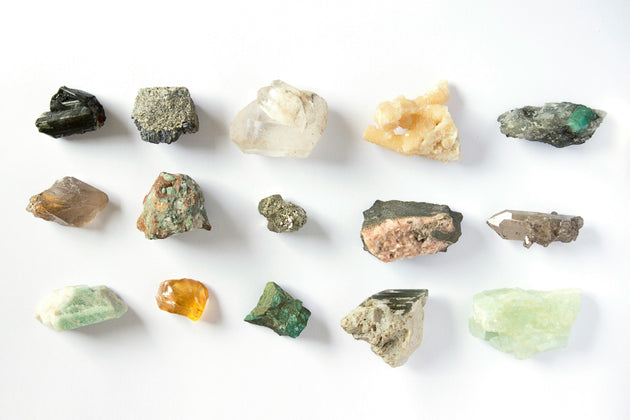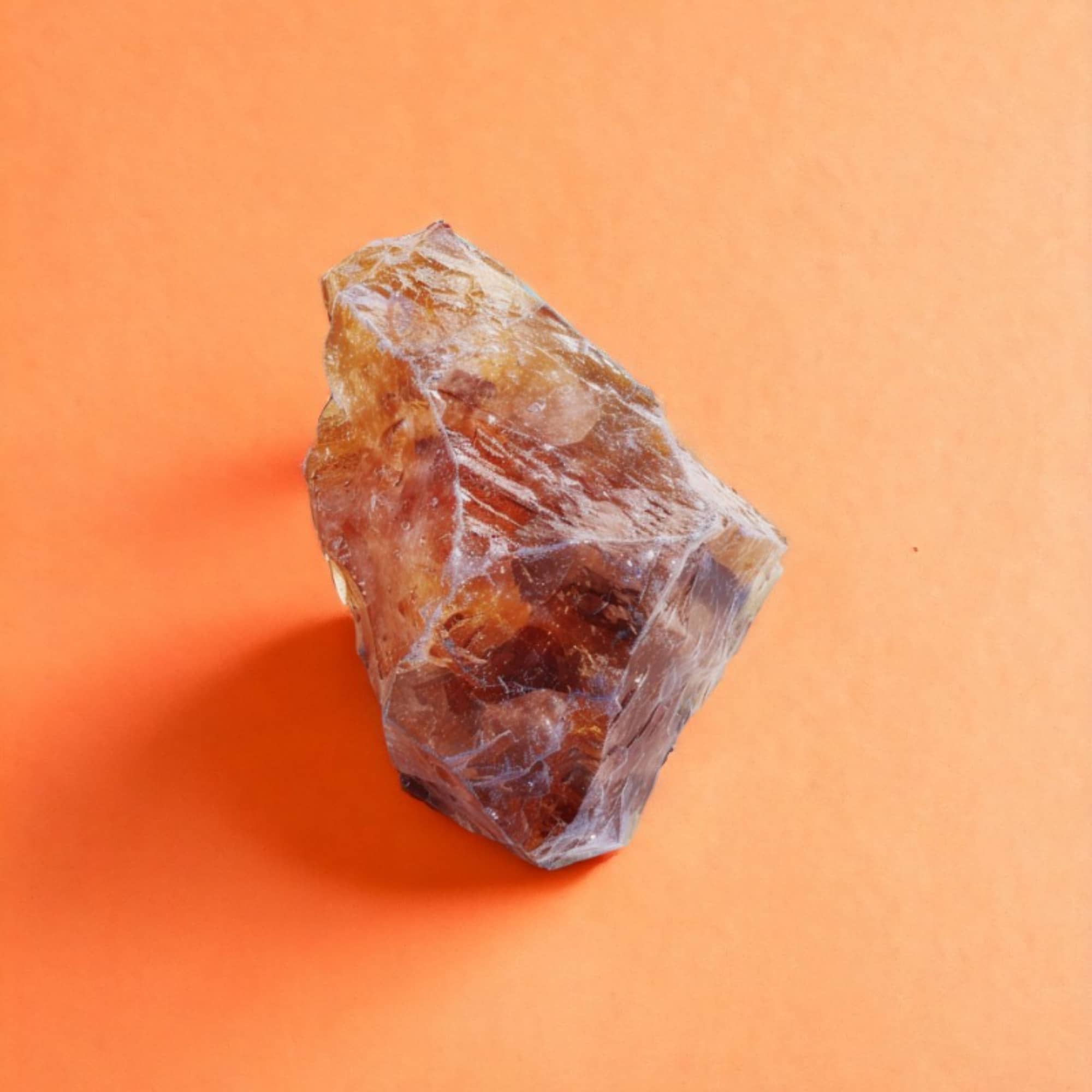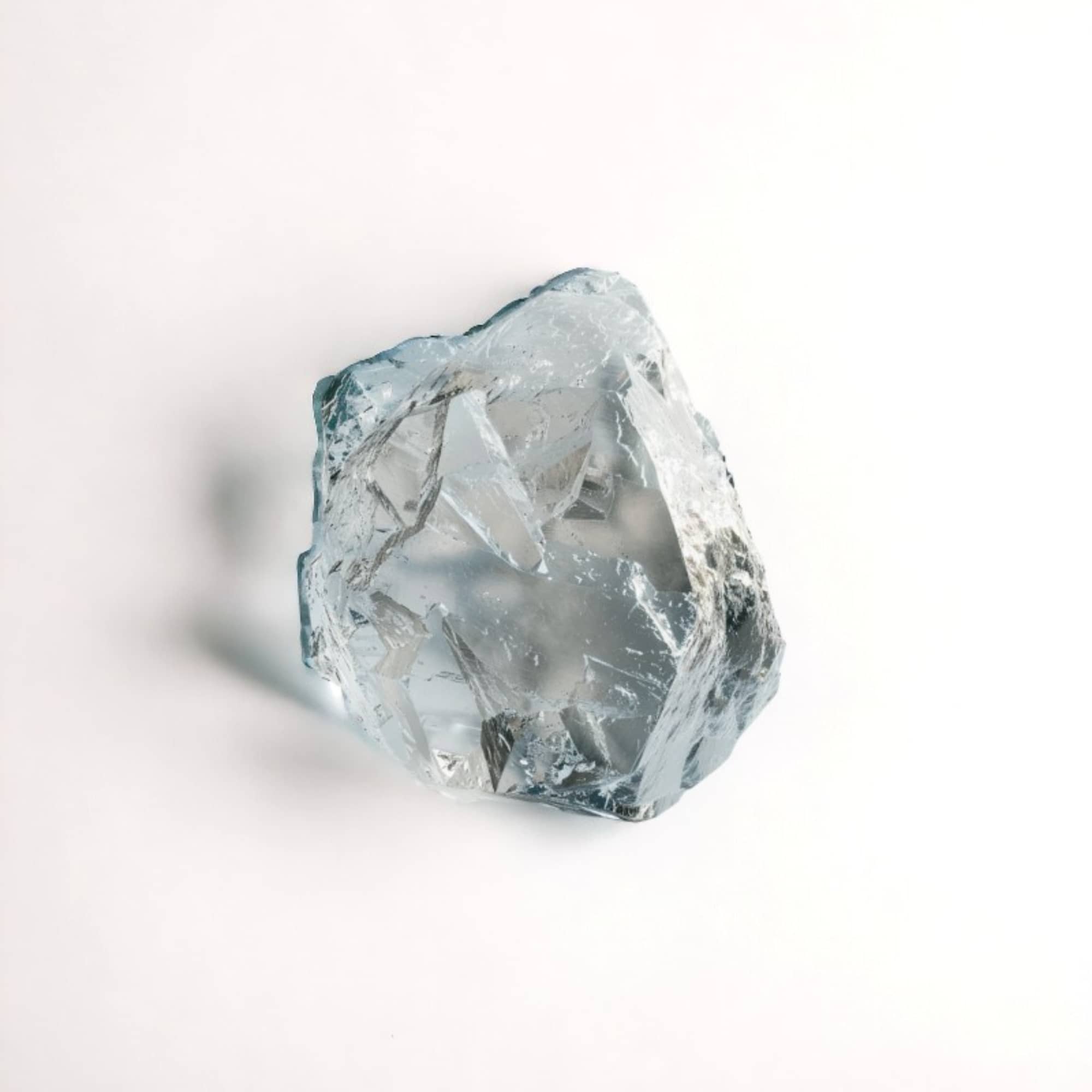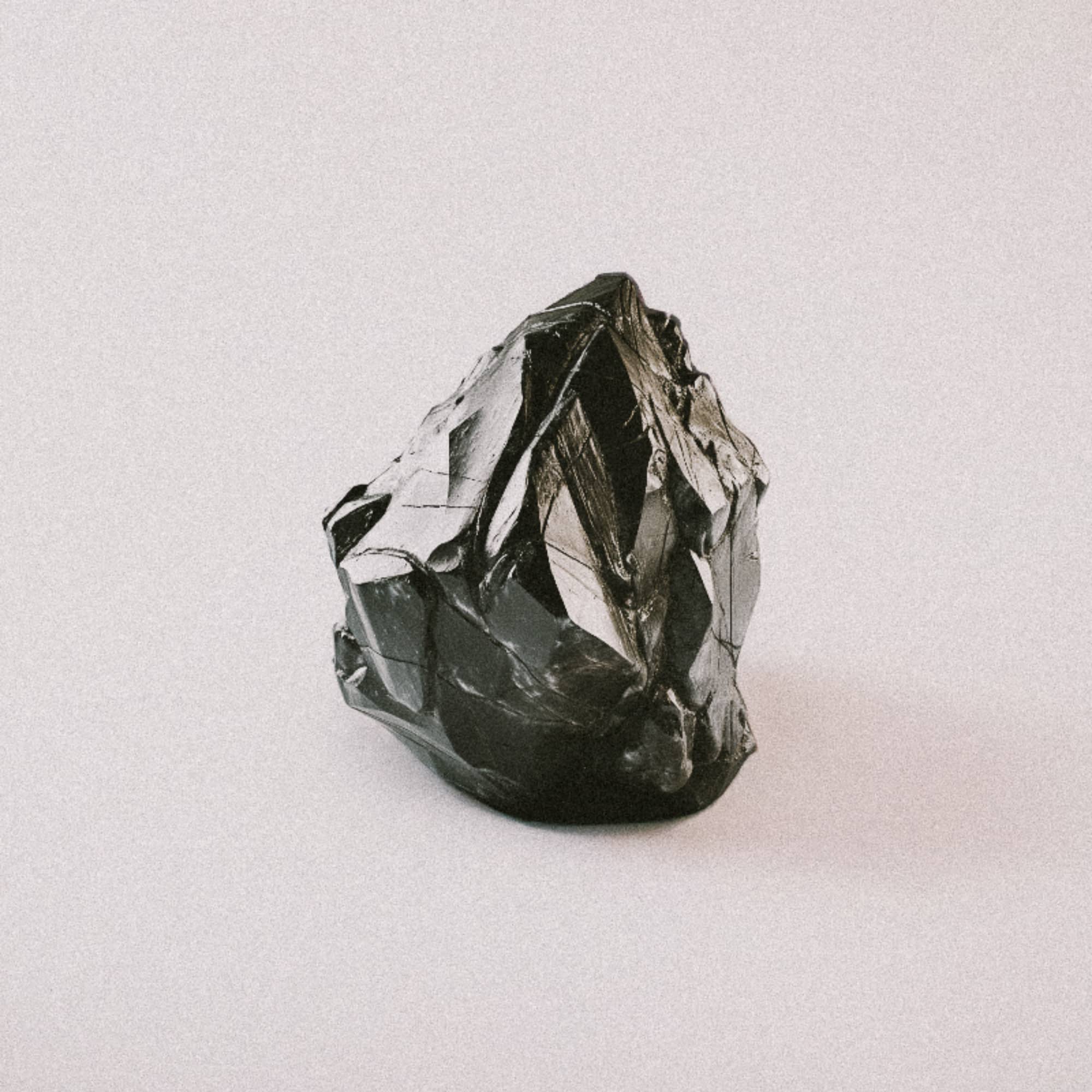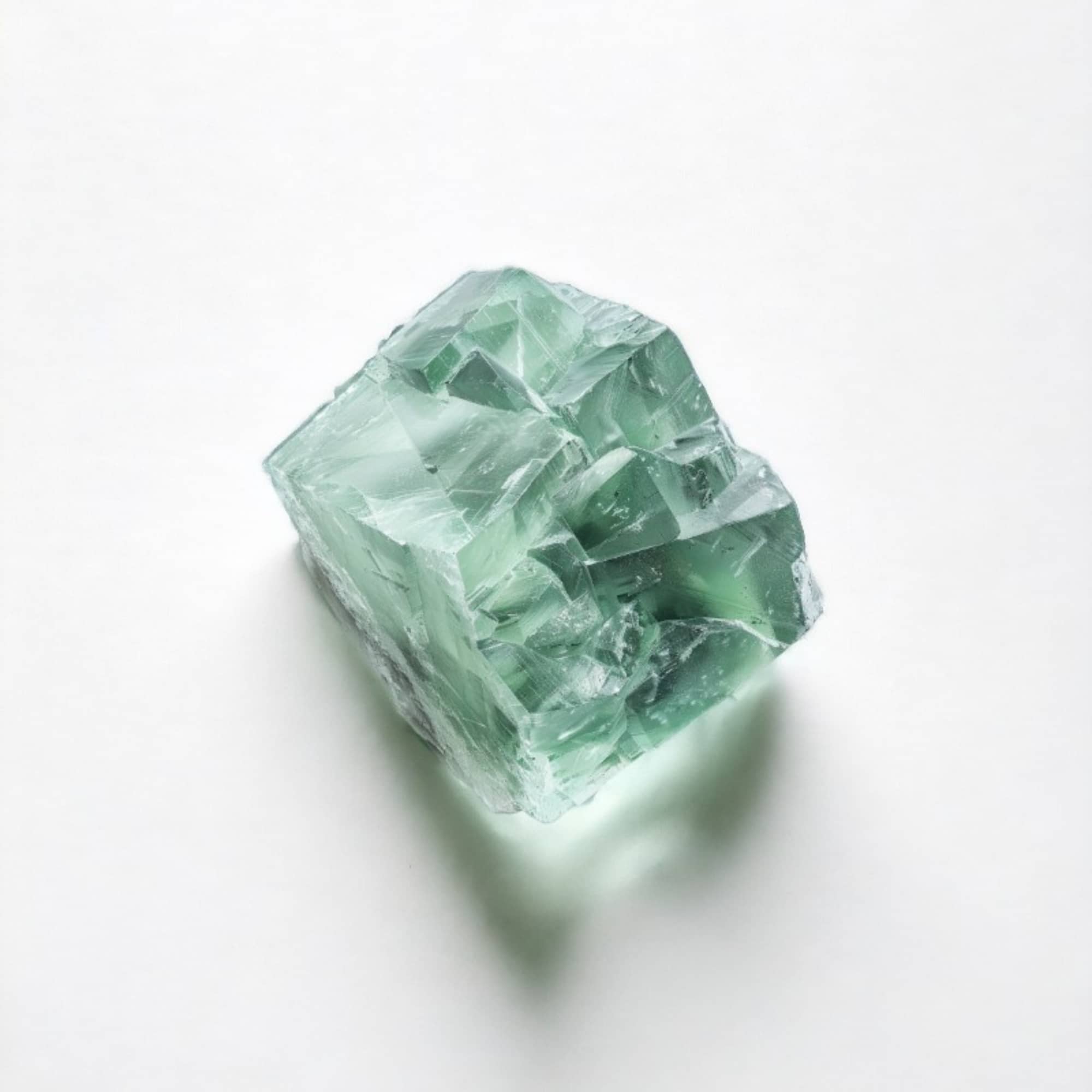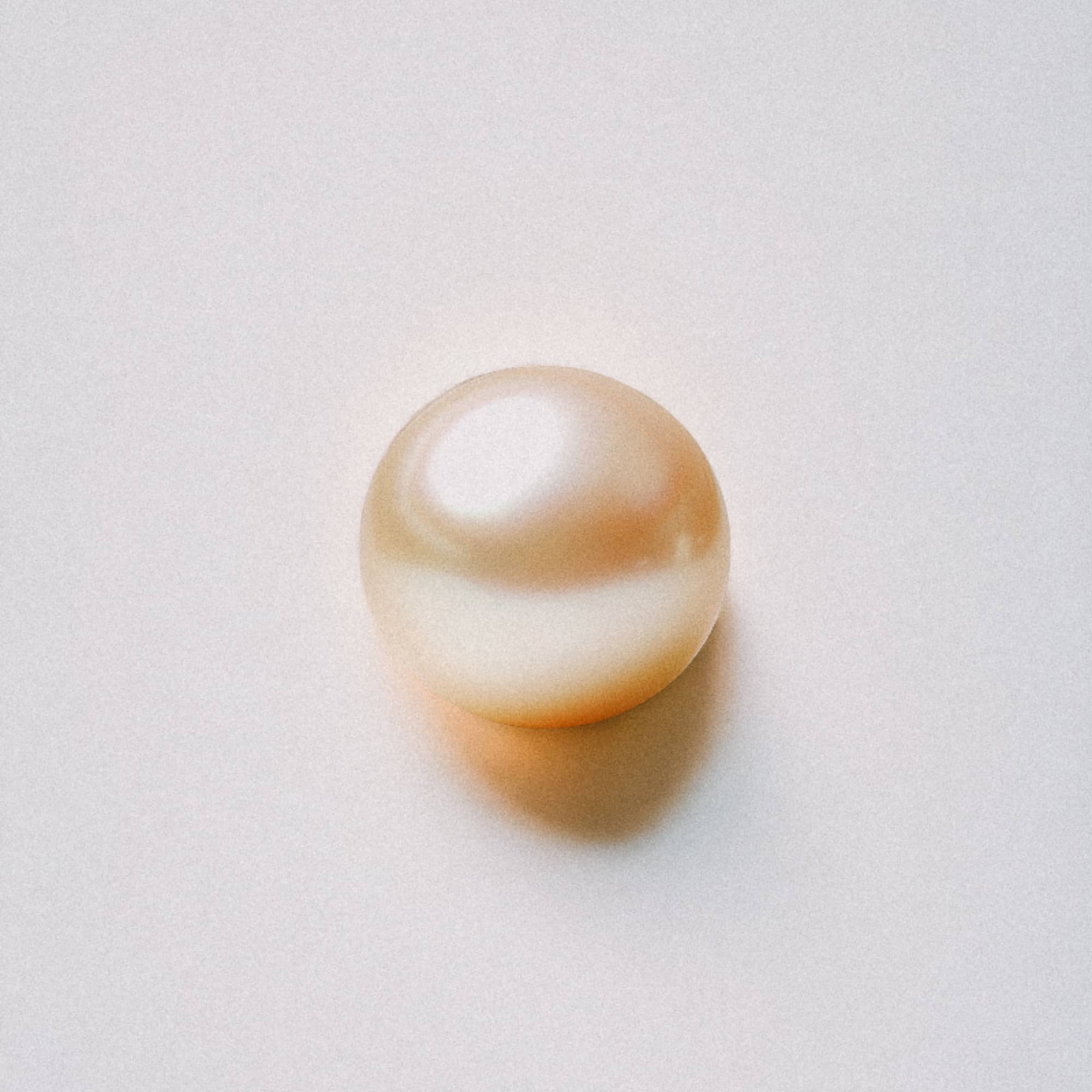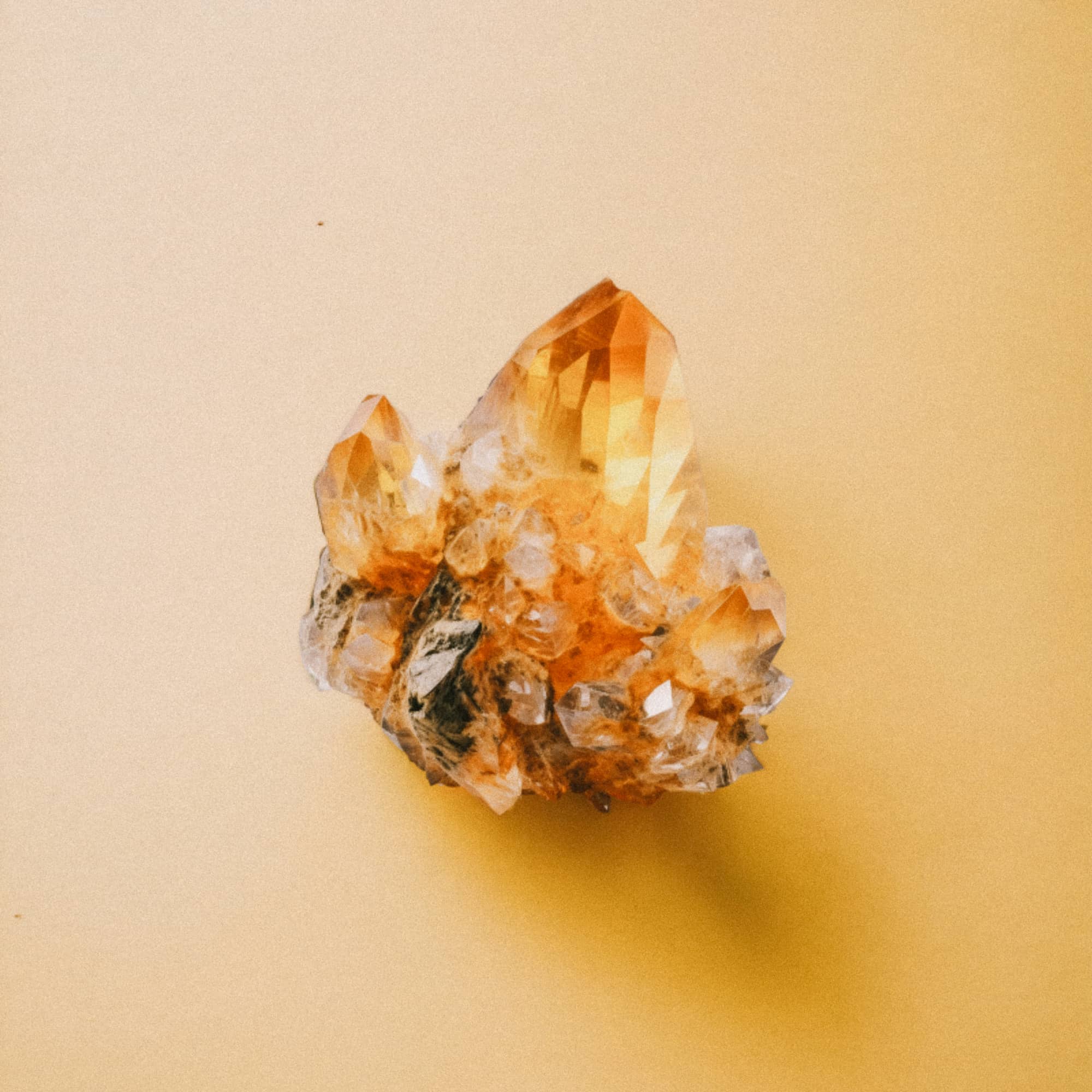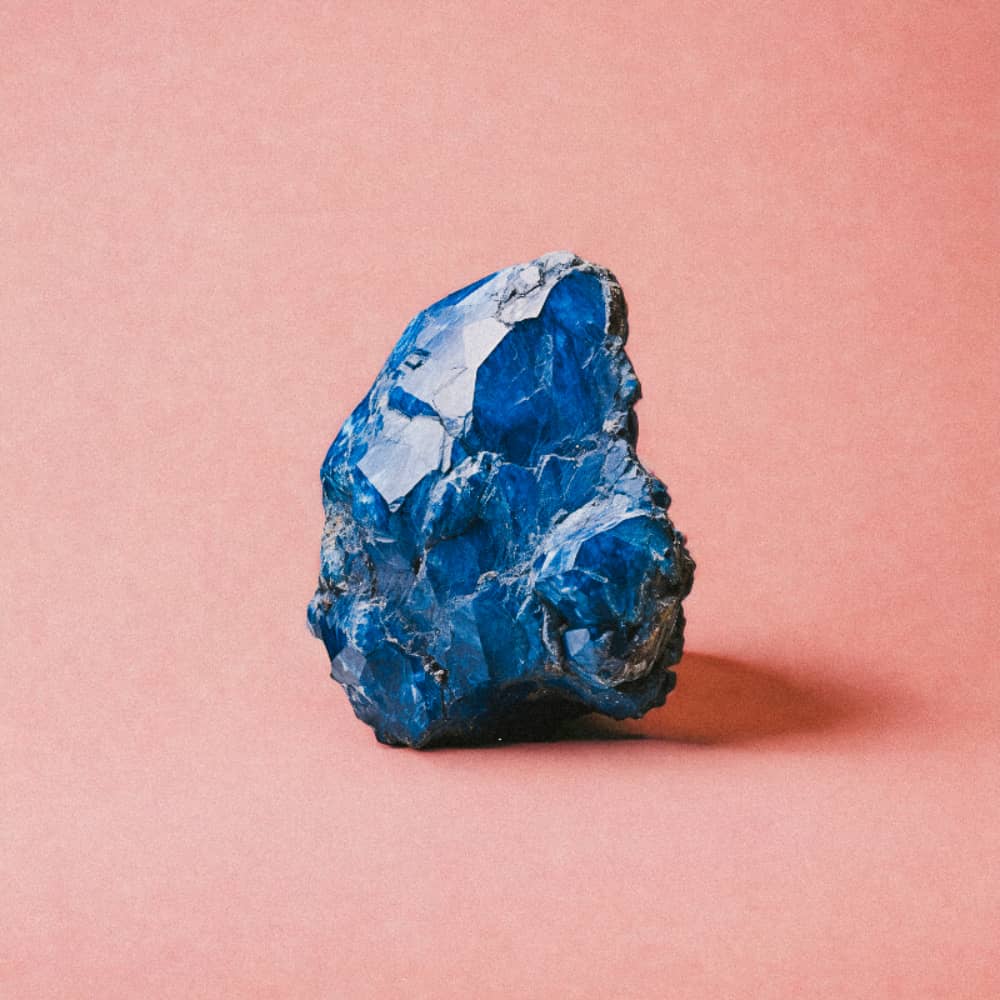History & Origins
Ancient
Sunstone has been surrounded by myth and legend for centuries. In Norse mythology, it was reputed to be the sparkling shards of the sun, captured in rock by the gods. The Vikings, great navigators, are said to have used sunstone as a navigational tool, thanks to its refractory and reflective properties that enabled them to locate the sun's position on overcast days.
Ancient civilizations
References to sunstone can be found in various ancient cultures, where it was often associated with the sun and its deities, symbolizing light, strength and life. The Greeks and Romans admired the stone for its brilliant reflections, considering it a powerful talisman capable of bringing warmth and prosperity.
Middle Ages and Renaissance
During the Middle Ages and Renaissance, sunstone was used in jewelry and objets d'art, often inlaid in goldsmith's pieces and reliquaries. It continued to be valued for its beauty and purported healing and protective properties, particularly against evil spirits and negative influences.
Cultural meaning
Sunstone has always been associated with light, joy and optimism. Its ability to refract light and shine with a golden glow has earned it a special place in art and spirituality. Cultures the world over have used it to celebrate the sun and its cycles, recognizing the stone as a symbol of vitality, energy and renewal.
Today, sunstone continues to be sought after for its natural beauty and energetic properties. It is particularly appreciated in lithotherapy, where it is used to encourage optimism, good humor and creativity. Its rich history and mythical origins add to its charm and mystery, making it a truly unique gem in the world of gems.

Provenance
Sunstone, with its shimmering reflections that capture the essence of the sun, is mined in various parts of the world, each offering unique specimens that contribute to the diversity of this fascinating gem.
Main deposits
Norway
Norway is famous for its deposits of high-quality sunstone, often characterized by an abundance of copper or hematite flakes that give the stone its characteristic brilliance. Norwegian tradition attributes mythical origins to sunstone, reinforcing its link with Viking legends.
United States
Oregon, in particular, is famous for its sunstone deposits. The Oregon variety is distinguished by its copper inclusions, which give it a unique color and sparkle. The stone is so highly prized in the region that it has been designated the state's official gem.
India and Tanzania
These regions are renowned for producing sunstone with hematite or goethite inclusions, offering a different play of color and brilliance from that found in Scandinavian or American stones.
Canada and Russia
Although less well known, Canada and Russia also have sunstone deposits, adding to the variety available on the international market. These stones can vary considerably in color and type of inclusions.
Influence of Provenance
Sunstone's provenance influences not only its availability, but also its physical characteristics. Mineral inclusions, responsible for the stone's adventurous effect, differ according to origin, which can affect the stone's color, brilliance and overall appearance. For example, Oregon stones, with their copper inclusions, tend to have an orange or reddish luster, while Norwegian or Indian stones may present a wider range of colors, from golden yellow to reddish brown.
The beauty and appeal of sunstone is undeniably linked to its provenance, with each region offering stones with unique histories and distinct visual characteristics. This diversity makes sunstone a popular choice for collectors and gem enthusiasts alike, each seeking to capture a piece of the sun's brilliance encapsulated in this remarkable gem.
Features
Sunstone is distinguished by a series of unique features that captivate gem and jewelry lovers alike. Its charm lies not only in its warm, welcoming colors, but also in its particular optical effects and composition.
Color
Sunstone's color palette ranges from pale gold to deep orange-red, through shades of pink and brown. This variety is mainly due to inclusions of minerals such as hematite, copper or goethite, which reflect light and give the stone its characteristic brilliance.
Adventurescence
One of the most remarkable features of sunstone is its aventurescence, an optical phenomenon that produces a sparkling or metallic sheen similar to sparks. This effect is due to inclusions of reflective minerals that disperse light through the stone, creating brilliant reflections reminiscent of the sun's rays.
Composition and hardness
Sunstone is a form of feldspar, a group of minerals that make up an important part of the earth's crust. Its hardness ranges from 6 to 6.5 on the Mohs scale, making it sufficiently resistant for jewelry, but requiring care to avoid scratches or damage.
Clarity
Sunstone clarity can range from transparent to opaque. The clearest stones, with their pronounced aventurescence, are often the most sought-after for jewelry-making, while opaque stones can be used in decorative objects or as amulets.
Shapes and sizes
Sunstone is available in a wide variety of shapes and sizes, from small pearls to large cabochons and sculptures. Flexibility in the choice of shape and size enables jewelry designers and craftsmen to make the most of each stone's unique beauty.
Optical properties
In addition to adventurousness, some sunstones can exhibit a shimmering or cat's-eye effect when light reflects off the aligned inclusions inside the stone. This effect is less common but just as captivating, adding another dimension to the stone's visual complexity.
These characteristics make sunstone an exceptionally attractive and versatile gem, appreciated as much for its aesthetic appearance as for its symbolic meaning and metaphysical benefits.
Benefits & Properties
Beyond its captivating aesthetic appeal, sunstone is renowned for its many benefits and beneficial properties, both physical and spiritual. This solar gemstone is often associated with light, joy and abundance, positively influencing those who wear it or incorporate it into their wellness practices.
Emotional and spiritual benefits
-
Optimism and Joie de Vivre
Sunstone is renowned for its ability to instill optimism and positivity, dispelling melancholy and negative feelings. It encourages us to embrace joie de vivre and nurture a positive attitude towards life's challenges.
01 -
Confidence and independence
By stimulating the solar plexus chakra, Sunstone promotes self-confidence and independence. It helps to recognize and unleash personal powers, encouraging individuals to free themselves from external influences and forge their own path.
02 -
Abundance and Prosperity
Associated with wealth and prosperity, sunstone is often used to attract abundance in all aspects of life. It is considered a talisman of good fortune, helping to manifest desires and realize ambitions.
03
Physical benefits
-
Vitality and energy
Sunstone is said to invigorate the body, increasing vitality and stamina. Its warm, luminous energies are reputed to stimulate metabolism and support the body's healing systems.
01 -
Chakra harmonization
The gem has a harmonizing effect on the chakras, particularly the solar plexus chakra, the center of personal strength. It helps balance the body's energies, promoting a general sense of well-being.
02 -
Purifying properties
Energetic cleansing: Sunstone is also used to cleanse spaces and auras of stagnant or negative energies. Placed in an environment, it can act as a purifier, bringing light and positive energy.
03
Use in Lithotherapy
In the practice of lithotherapy, sunstone is often chosen for its healing and energizing properties. It is used to encourage self-healing, enhance self-esteem, and support processes of personal transformation. Practitioners can use it in meditation, wear it as jewelry, or place it in living spaces to benefit from its positive effects.
Sunstone, with its warming and enlightening benefits, offers a range of benefits that can enrich mind and body. Its solar energy, synonymous with renewal and growth, makes it a precious gem for those seeking to enhance their well-being and glow from within.
Care
To preserve the natural beauty and energetic properties of sunstone, proper and regular care is essential. This gem, though resistant, requires special attention to maintain its brilliance and vitality. In addition, specific recharging practices can help revitalize its energies.
Sunstone care
Sunstone can be cleaned with lukewarm water and mild soap. Use a soft cloth or soft-bristled brush to gently remove any build-up of dirt. Avoid harsh chemical cleaners which could damage the stone surface. After cleaning, rinse the stone with clean water and dry thoroughly with a soft cloth. Make sure the stone is completely dry before storing or wearing it again.
Although sunstone has good hardness, it may be susceptible to scratching by harder materials. Store it separately from other jewelry in a soft cloth bag or jewelry box to avoid direct contact.
Sunstone Energetic Recharge
Sunlight
As its name suggests, the Sunstone benefits greatly from exposure to sunlight to recharge it. Placing the stone in the sun for a short period can revitalize its energies. However, avoid prolonged exposure to prevent discoloration.
Moonlight
Moonlight, especially during a full moon, is a gentle and effective method of recharging a sunstone. Moonlight can help purify the stone and enhance its metaphysical properties.
Contact with Nature
Burying the sunstone in the ground overnight can also help recharge it. This direct contact with the earth allows the stone to reconnect with natural energy and purify itself.
Charging crystals
Placing the sun stone next to charging crystals, such as clear quartz or amethyst, can also help cleanse and recharge its energies. These crystals act as catalysts, amplifying and renewing the sunstone's energy.
By caring for your sunstone and following these recharging practices, you can help maintain its natural radiance and maximize its healing and energetic benefits. This ensures that the stone continues to bring light and positivity into your life, while remaining a powerful energetic companion.
Sunstone, with its sparkle reminiscent of the light and warmth of the sun, is a gem that offers much more than its sparkling beauty. It embodies joy, optimism and abundance, bringing a touch of luminosity to the lives of those who choose it. By caring for this precious gem through gentle cleansing and energetic recharging methods, we can not only preserve its splendor but also enhance its beneficial properties. Sunstone reminds us to always look for the light, even in the darkest moments, and to embrace the positive energy that surrounds us. By integrating this stone into our daily lives, we open our hearts to the infinite potential for growth, prosperity and happiness.


